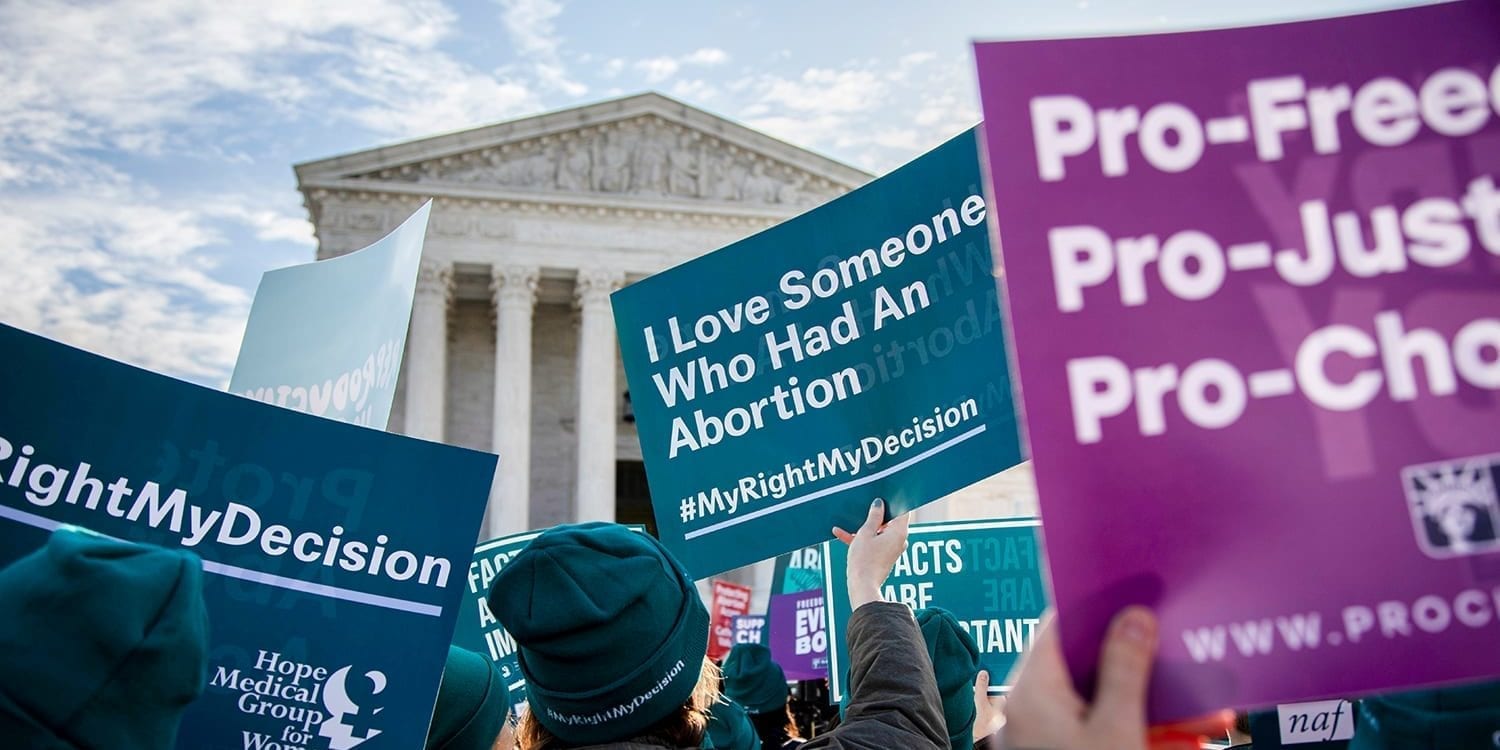Medical Students for Choice vs. Wright
The Center for Reproductive Rights submitted a complaint today in federal
court in the District Court of the District of Columbia challenging interim final rules released last week by the Trump administration
that threaten to curtail access to birth control coverage for thousands of
women.
The rules—which were issued
by the Departments of Health and Human Services, Labor, and the Treasury—create
a broad exemption that enables many employers, health insurance providers, and
universities claiming a religious or moral objection to deny their employees, students,
and insurance beneficiaries coverage for contraception. The Center for Reproductive Rights
joins a coalition of civil rights organizations filing a series of independent
suits across the country defending the right to contraception.
The Affordable Care
Act’s (ACA) guarantee of coverage for FDA-approved contraceptives without
out-of-pocket costs stands as one of the most important advancements in women’s
health in a generation. Under the ACA, over 62.4 million women have gained
guaranteed coverage of preventive services without co-pays, including birth
control. Access to contraceptives benefits women’s health and enables
them to pursue their educational and professional goals.
Although women are entitled
to coverage for birth control at no cost under the ACA, the interim final rules
will effectively deny thousands of women coverage based on the religious or
moral objections of their employers, universities, or insurers. There is now
a 60-day period during which the public is able to submit comments to the
administration about the interim final rules.
Plaintiff(s): Medical Students for Choice
Attorney(s): Autumn Katz, Hillary Schneller, and Madeline Gomez
Co-Counsel/Cooperating
Attorneys: O’Melveny &, Myers LLP
Summary: The Center
for Reproductive Rights filed a complaint in federal court on October 10, 2017, arguing that the interim final rules, which went into effect immediately, violated the Administrative Procedure Act by inappropriately circumventing normal
rulemaking procedures that require public input before implementing a new rule.
The broad exemption created by the rules also represents an unreasoned
about-face from the agencies’ prior policy, which respected religious
objections while ensuring seamless access to no-cost contraceptive
coverage. In addition, the Center argued the rules violate the Constitution’s Establishment Clause,
the Equal Protection guarantee, and
the fundamental right to contraception by imposing unreasonable burdens upon and unfairly
targeting women. On February 5, this case was withdrawn, following an announcement from Notre Dame University that its third party isurance administrator would continue to provide contraceptive coverage.

